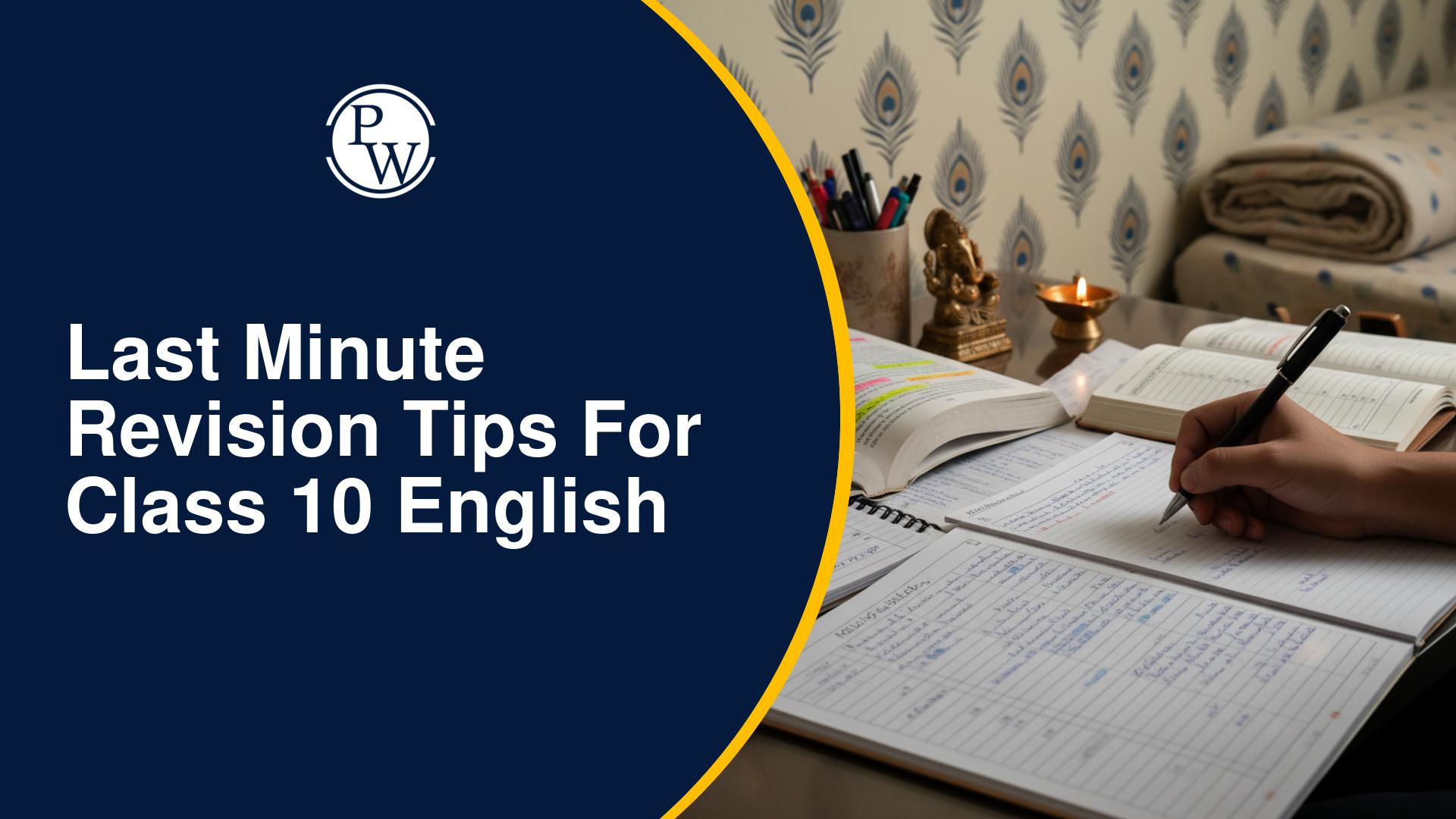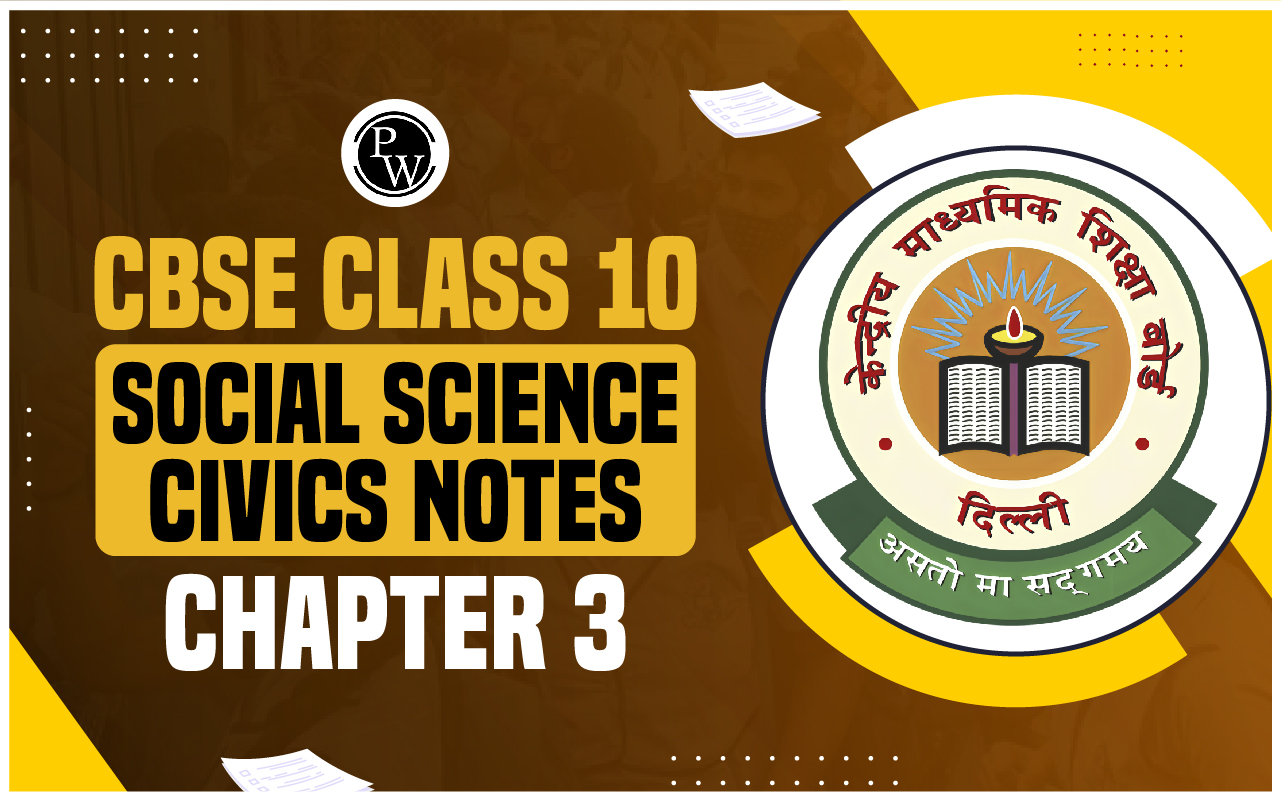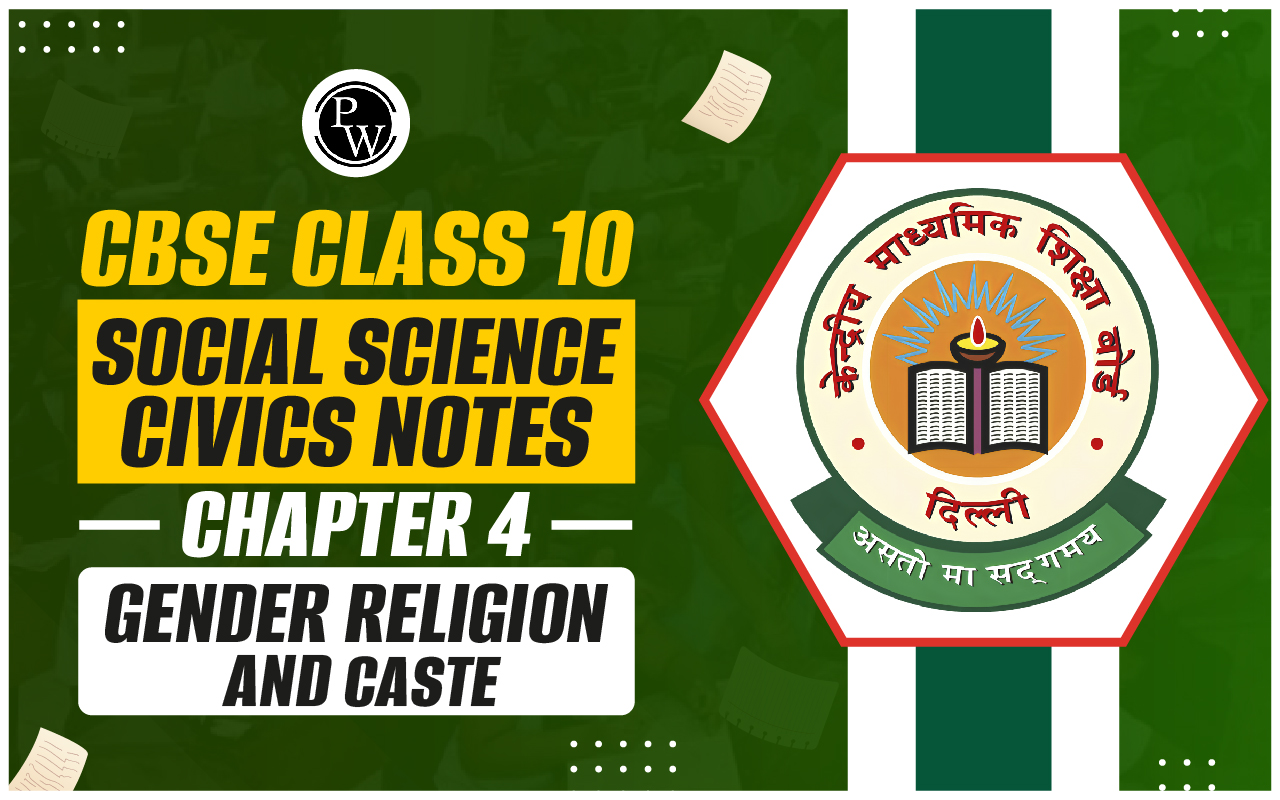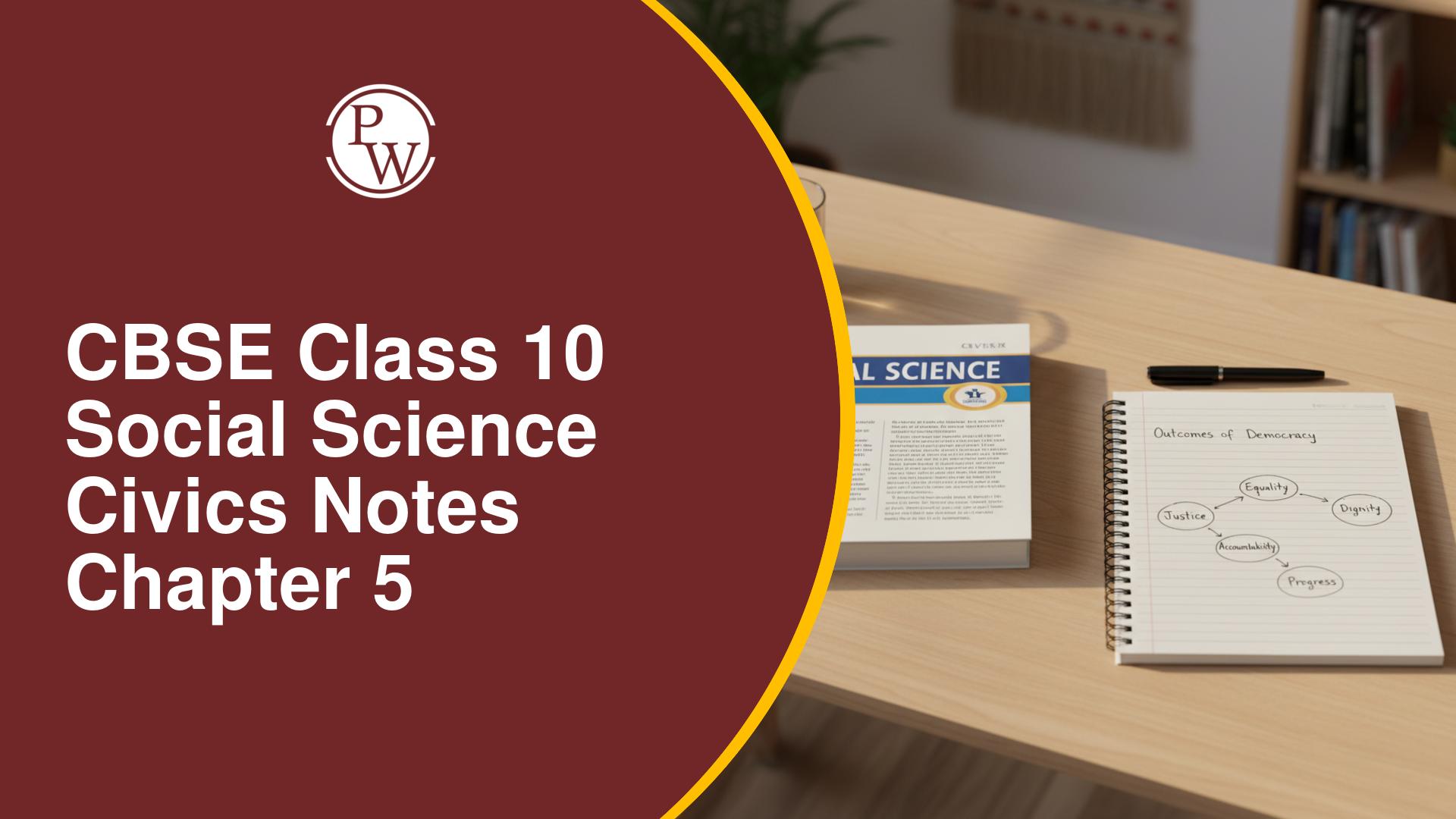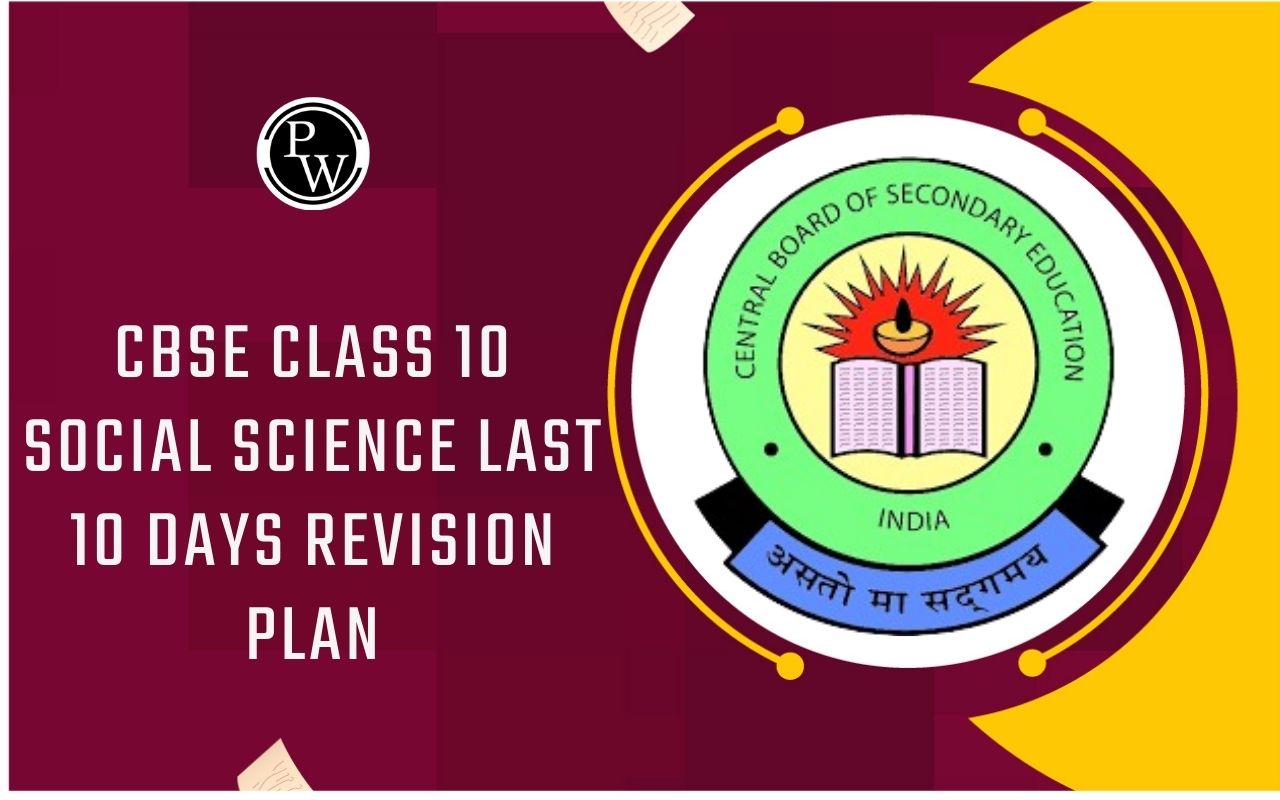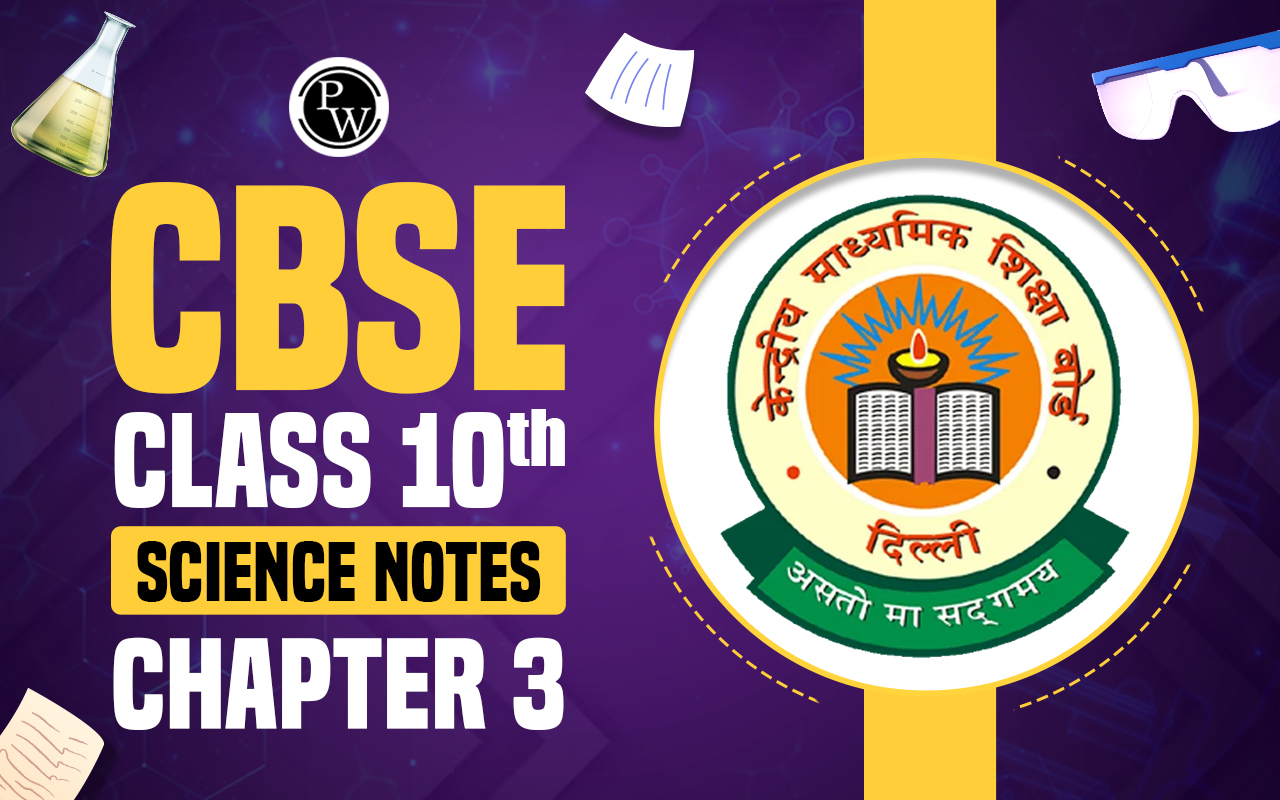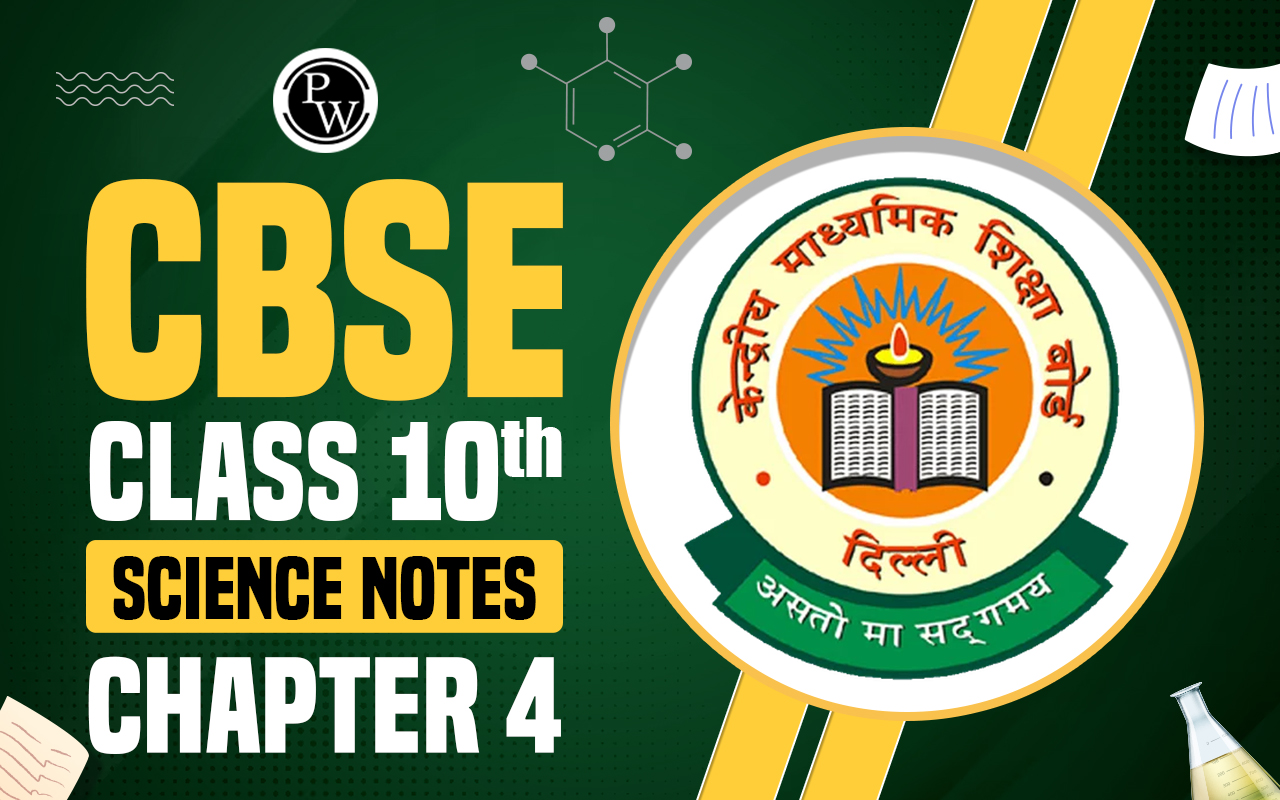
CBSE Class 10 Study Time Table 2025: CBSE Class 10 Study Timetable for 2025 helps students organize their study time for the board exams. To do well it is important to set aside specific times for each subject, making sure to balance study with breaks. A day might start with two hours of focused study in the morning, followed by school and then more study in the evening. Taking regular breaks is important to stay fresh and focused.
Students should also use weekends for revision and practice tests to strengthen their understanding. By creating a study timetable that works best for them, students can manage their time effectively and feel more confident before the exams. Staying consistent and disciplined is key to doing well in the CBSE Class 10 board exams.Importance of Timetable for Class 10
A well-planned timetable is important for Class 10 students, especially as they prepare for board exams. Here are some key reasons highlighting its importance:Effective Time Management: A timetable helps students allocate specific time slots for each subject, ensuring that they cover the entire syllabus. It allows for a balanced approach to studying, attending classes and participating in extracurricular activities.
Increased Focus and Productivity: By breaking study sessions into smaller, manageable tasks, students can stay focused and productive. A timetable helps them avoid distractions and enhances their ability to retain information leading to better performance.
Reduced Stress and Anxiety: Having a clear study plan reduces the chances of last-minute cramming. It provides students with a sense of control and direction helping to alleviate stress and anxiety as exams approach.
Consistent Revision: A well-planned timetable incorporates regular revision sessions which are important for reinforcing learning. This consistent review helps students better understand and remember important concepts.
Developing Good Study Habits: Following a timetable encourages discipline and good study habits. It teaches students the importance of planning and prioritizing tasks skills that will benefit them throughout their academic journey and beyond.
Adaptation of Successful Strategies: Students can learn from the study schedules of high achievers. By adapting effective strategies from top-performing peers they can improve their own study techniques and outcomes.
CBSE Class 10 Exam Pattern
In the 2024-25 academic year, the CBSE Class 10 Exam Pattern will consist of both internal assessments and written exams. Internal assessments will include projects, periodic tests, and practical exams, all of which will contribute to the final grade. The written exams will evaluate students theoretical knowledge and understanding across various subjects. Familiarity with this pattern will help students prepare more effectively and perform well in their exams.| CBSE Class 10 Exam Pattern | |
|---|---|
| Information | Details |
| Exam Mode | Offline (pen and paper) |
| Subjects Included | Language 1, Language 2, Mathematics, Science, Social Science, 6th Additional Subject |
| Duration | 2 hours |
| Total Marks | 100 (80 for theory, 20 for internal assessment) |
| Question Types | Multiple choice, competency-based, long/short answer |
| Negative Marking | None for incorrect answers |
CBSE Class 10 Study Timetable 2024-25
Creating a study timetable for Class 10 is important for effective preparation. Here is a step-by-step guide to help you prepare a timetable, along with a sample daily schedule:Step 1: List Your Subjects
Begin by listing all the subjects for your upcoming exams. For CBSE Class 10 students, common subjects include:- English
- Hindi
- Science
- Social Science
- Mathematics
- (Any additional subject if applicable)
Step 2: Outline the Syllabus and Topics
Once you have your subjects listed outline all the chapters or topics you need to cover. Note the importance of each topic in the exam and estimate the time required to master each one.Step 3: Allocate Study Days
Allocate study days based on the complexity and length of each topic. Plan your schedule according to your strengths and time management skills ensuring you cover all subjects thoroughly.Step 4: Create a Daily To-Do List
Develop a daily to-do list based on your allocated study days. Make sure to balance your subjects and avoid postponing challenging ones for later. Consistency is key.Step 5: Plan for Revision
Regular revision is important for effective learning. Schedule periodic reviews to reinforce key concepts, definitions, and formulas. Use top-quality Class 10 previous year questions (PYQs) for better revision.Step 6: Self-Assessment
Regularly assess your knowledge using mock exams, Class 10 question banks, and past papers. This will help you track your progress and strengthen your understanding by applying what you’ve learned.Daily Time Table for Class 10 Students
A daily timetable is important for Class 10 students to ensure effective exam preparation. It helps manage study time efficiently, allowing for thorough coverage of all subjects. Here is a suggested daily timetable:| Daily Time Table for Class 10 Students | |
|---|---|
| Time | Activity |
| 5:00 AM - 6:00 AM | Freshen up, meditate or engage in physical activity to start the day. |
| 6:00 AM - 9:00 AM | Begin exam preparation with CBSE sample papers, question papers, or NCERT solutions. |
| 9:00 AM - 9:30 AM | Breakfast |
| 9:30 AM - 11:00 AM | Study a different chapter or subject. |
| 11:00 AM - 11:15 AM | Snack Break |
| 11:15 AM - 1:00 PM | Study another chapter and solve more question papers. |
| 1:00 PM - 1:30 PM | Lunch |
| 1:30 PM - 3:00 PM | Study another chapter or conduct a mock test using practice papers. |
| 3:00 PM - 3:10 PM | Relaxation Break |
| 3:10 PM - 5:00 PM | Test your preparation with previous years' CBSE question papers. |
| 5:00 PM - 5:30 PM | Rest your mind. |
| 5:30 PM - 7:00 PM | Revise your notes thoroughly. |
| 7:00 PM - 7:10 PM | Short Break |
| 7:10 PM - 8:30 PM | Test your preparation with another practice paper. |
| 8:30 PM - 9:00 PM | Dinner |
| 9:00 PM - 10:15 PM | Light study session. |
| 10:15 PM - 10:30 PM | Relax and calm yourself. |
| 10:30 PM onwards | Sleep |
Subject-Wise Study Time Table for Class 10
Creating a planned study timetable for Class 10 can greatly enhance your preparation for exams. Here is a suggested timetable and tips for studying each subject effectively:1. English
- Focus Areas: Literature, grammar, writing skills, and comprehension.
-
Study Tips:
- Read the assigned texts thoroughly.
- Practice writing essays and letters.
- Solve past paper questions for grammar and comprehension.
2. Hindi
- Focus Areas: Literature, grammar, and writing skills.
-
Study Tips:
- Read poems and stories to understand themes and character development.
- Practice grammar exercises regularly.
- Write summaries and essays based on literature.
3. Mathematics
- Focus Areas: Algebra, Geometry, Trigonometry, and Statistics.
-
Study Tips:
- Solve practice problems daily.
- Understand and memorize important formulas.
- Review previous year’s question papers to identify frequently asked questions.
4. Science
- Focus Areas: Physics, Chemistry, and Biology.
-
Study Tips:
- Physics: Focus on concepts and solve numerical problems.
- Chemistry: Memorize chemical formulas and reactions.
- Biology: Pay attention to diagrams, processes, and terminology.
5. Social Science
- Focus Areas: History, Geography, Political Science, and Economics.
-
Study Tips:
- Create timelines for historical events.
- Practice map work for Geography.
- Understand key concepts and definitions in Political Science and Economics.
6. Additional Subject (if applicable)
- Focus Areas: Varies based on the subject chosen (e.g., Computer Science, Physical Education).
- Study Tips: Follow the same approach of thorough understanding, regular practice, and revision.
Sample Subject-Wise Study Timetable
Tips for Effective Study
Here are some tips for effective studying especially for Class 10 students:1. Set Clear Goals
- Define what you want to achieve in each study session whether it is completing a chapter, solving a set number of problems, or revising specific concepts.
2. Create a Study Schedule
- Develop a realistic timetable that balances all subjects. Include breaks to avoid burnout and stick to the schedule as much as possible.
3. Find a Good Study Environment
- Choose a quiet, comfortable place free from distractions. Ensure good lighting and have all necessary materials within reach.
4. Use Active Learning Techniques
- Engage with the material by summarizing information, teaching it to someone else, or using flashcards for key terms and concepts.
5. Take Regular Breaks
- Study for 25-50 minutes and then take a 5-10 minute break. This helps improve focus and retention.
6. Practice Past Papers
- Familiarize yourself with the exam format by solving previous years' question papers. This helps build confidence and identify areas needing improvement.
7. Stay Organized
- Keep your study materials organized. Use folders, binders, or digital tools to categorize notes and resources for easy access.
8. Stay Healthy
- Maintain a balanced diet, get regular exercise, and ensure you get enough sleep. A healthy body supports a sharp mind.
9. Revision Regularly
- Schedule regular revision sessions to reinforce what you've learned. Use summary notes and quizzes to test your knowledge.
10. Stay Positive and Motivated
- Keep a positive mindset. Celebrate small achievements and remind yourself of your goals and reasons for studying.
11. Seek Help When Needed
- Don’t hesitate to ask teachers or classmates for clarification on challenging topics. Join study groups for collaborative learning.
12. Limit Screen Time
- Reduce distractions from social media and unnecessary screen time. Set specific times for leisure activities.
CBSE Class 10 Study Time Table 2025 FAQs
Why is a study timetable important for Class 10 students?
Will there be a 10th board exam in 2025?
Is the CBSE Board datesheet released in 2025?
When should I start studying for the Class 10 exams?


